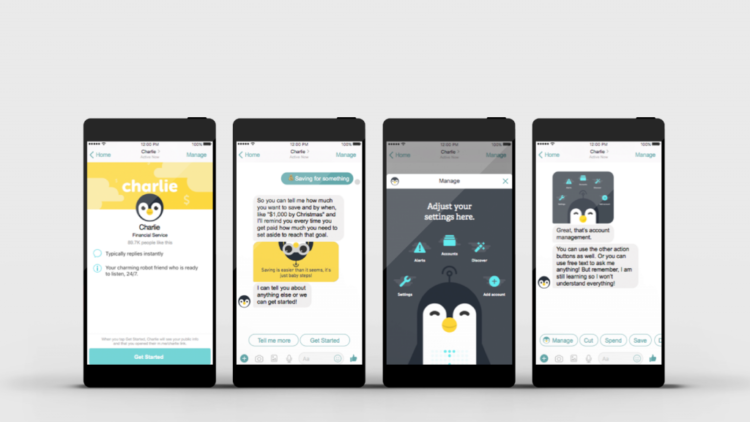Artificial Intelligence
How Charlie Finance’s team of crack mobile game designers is working to fix personal finance
- Designed by gamers, Charlie Finance is a new type of personal finance tool.
- There's no app to download. Users interact with Charlie via text or Messenger.








